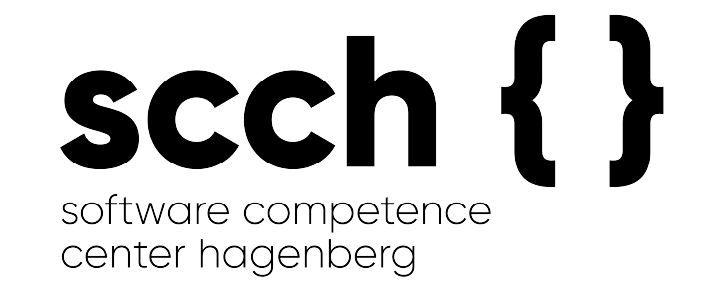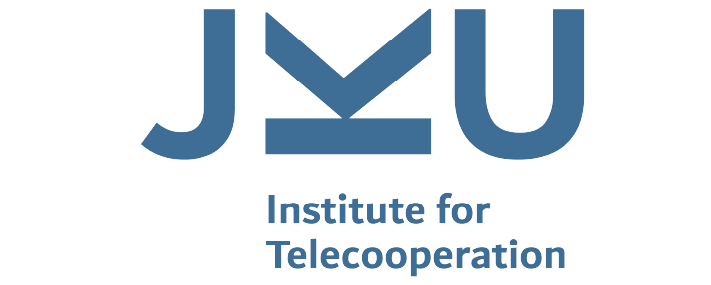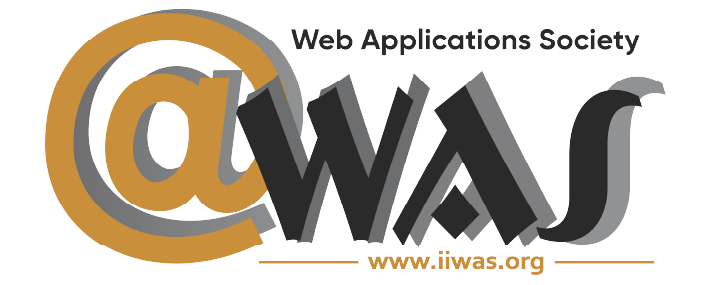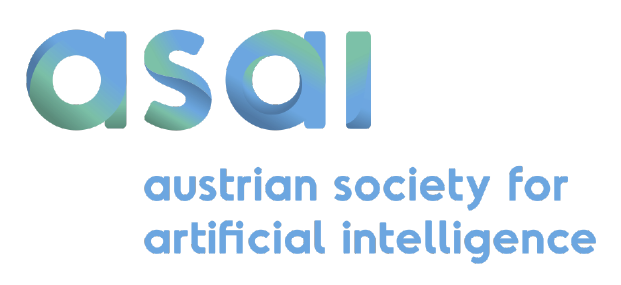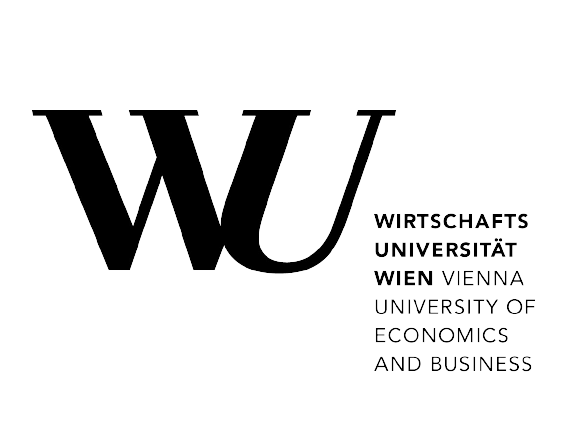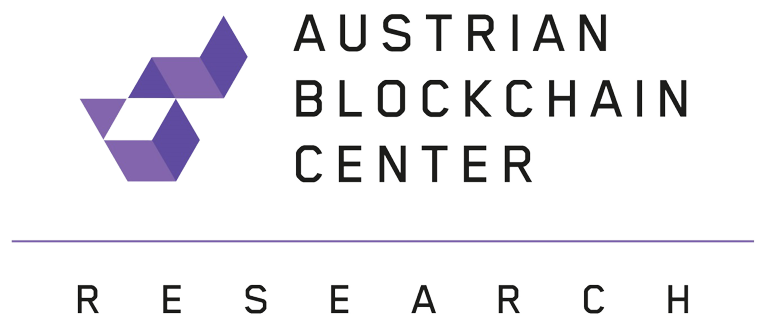EGOVIS 2022
The 11th International Conference on Electronic Government and the Information Systems Perspective
"Technology-Enabled Innovation for Democracy, Government and Governance"
email: dexa@iiwas.org
Papers submission: https://easychair.org/conferences/?conf=egovis2022
IMPORTANT DATES
- Paper submission: 10 April 2022 (SHARP)
- Notification of acceptance: 10 May 2022
- Camera-ready copies due: 1 June 2022
- Conference days: 22 - 24 August 2022
PUBLICATION
All accepted EGOVIS2022 papers will be published by Springer in their Lecture Notes in Computer Science (LNCS). LNCS volumes are indexed in the Conference Proceedings Citation Index (CPCI), part of Clarivate Analytics’ Web of Science; Scopus; EI Engineering Index; Google Scholar; DBLP; etc.
SCOPE
EGOVIS series of international conferences focuses on information systems aspects of e-government. Information systems are a core enabler for electronic government/governance in all its dimensions: e-administration, e-democracy, e-participation and e-voting. Each year EGOVIS brings together experts from academia, public administrations, and industry to discuss e-government information systems from different perspectives and disciplines, i.e. technology, policy and/or governance and public administration. We search for original papers by researchers and practitioners describing novel ideas and innovative solutions in the field.
EGOVIS 2022 invites paper submissions on all topics related to e-government and the information systems perspective. Topics of interest include (but are not limited to) the following:
- Artificial intelligence, machine/deep learning for e-Government
- Business analytics in government, data mining and data warehousing
- Business process management and reengineering
- Civic media and social media for e-democracy
- Data Science in government: big data, open data and database aspects
- Digital transformation
- Economics of e-Government
- e-Democracy/e-Participation
- Education and training
- E-government policies and strategies
- Electronic identity, identity management
- Enterprise architectures and information systems architecture for e-Government- e-Government and multilingualism
- Information modelling and information retrieval in e-Government
- Interoperability solutions for Public Administrations
- Knowledge management, intelligent systems
- Legal and regulatory aspects
- Mobile services
- Open Government
- Open innovation, innovation management, transparency, transformation and change management
- Open-source solutions for e-government
- Personalization and recommender systems
- Privacy, trust, interoperability, and security
- Regional collaboration and cross-border initiatives (e.g. central European research and cross-border piloting)
- Risk governance and management
- Semantic Web and ontologies
- Smart government and smart governance
- Smart sustainable cities
- Social innovation platforms
- Ubiquitous and pervasive computing
SUBMISSION GUIDELINES
Authors are invited to submit electronically original contributions or experience reports in English. The submitted manuscript should closely reflect the final paper as it will appear in the proceedings. EGOVIS will accept submissions of both short and full papers.
- Short papers: up to 6 pages on preliminary work, vision papers or industrial applications
- Full paper: up to 12 pages (excluding references and appendixes up to additional 3 pages) and papers are expected to be more mature, contain more theory or present a survey (tutorial style) of some interesting topic.
Any submission that significantly exceeds length limits or deviates from formatting requirements may be rejected without review. The submitted manuscript should closely reflect the final paper as it will appear in the Proceedings.
Formatting guidelines: http://www.dexa.org/formatting_guidelines
Online Papers Submission: https://easychair.org/conferences/?conf=egovis2022
REVIEW PROCESS
Submitted papers will be carefully evaluated based on originality, significance, technical soundness, and clarity of exposition.
Duplicate submissions are not allowed and will be rejected immediately without further review.
Authors are expected to agree to the following terms: "I understand that the submission must not overlap substantially with any other paper that I am a co-author of or that is currently submitted elsewhere. Furthermore, previously published papers with any overlap are cited prominently in this submission."
Questions about this policy or how it applies to a specific paper should be directed to the PC Co-chairs.
COMMITTEE
Program Committee Co-Chairs
- Andrea Kő, Corvinus University Budapest, Hungary
- Enrico Francesconi, Italian National Research Council and European Parliament
Program Committee Members
- Luis Alvarez Sabucedo, Universidade de Vigo, SPAIN
- Francesco Buccafurri, Università degli Studi Mediterranea di Reggio Calabria, Italy
- Alejandra Cechich, Universidad del Comahue, Argentina
- Wojciech Cellary, WSB University in Poznan, Poland
- Wichian Chutimaskul, King Mongkut's University of Technology Thonburi, Thailand
- Flavio Corradini, University of Camerino, Italy
- Peter Cruickshank, Edinburgh Napier University, UK
- Vytautas Čyras, Vilnius University, Lithuania
- Ivan Futo, Multilogic Ltd, Hungary
- Fernando Galindo, University of Zaragoza, Spain
- Francisco Javier García Marco, Universidad de Zaragoza, Spain
- Stefanos Gritzalis, University of Piraeus, Greece
- Henning Sten Hansen, Aalborg University, Denmark
- Christos Kalloniatis, University of the Aegean, Greece
- Nikos Karacapilidis, University of Patras. Greece
- Evangelia Kavakli, University of the Aegean, Greece
- Bozidar Klicek, University of Zagreb, Greece
- Christine Leitner, Centre for Economics and Public Administration ltd. (CEPA), Austria
- Herbert Leitold, Secure Information Technology Center Austria/ A-SIT, Austria
- Mara Nikolaidou, Harokopio University, Greece
- Javier Nogueras Iso, Universidad de Zaragoza, Spain
- Monica Palmirani, CIRSFID, Italy
- Aljosa Pasic, Atos Origin, Spain
- Aires Rover, Universidade Federal de Santa Catarina, Brazil
- Erich Schweighofer, University of Vienna, Austria
- A Min Tjoa Vienna, University of Technology, Austria
- Costas Vassilakis, University of the Peloponnese, Greece
- Christopher Wills, Caris Research Ltd, UK
- Chien-Chih Yu, National ChengChi University, Taiwan
For further inquiries, please contact dexa@iiwas.org

